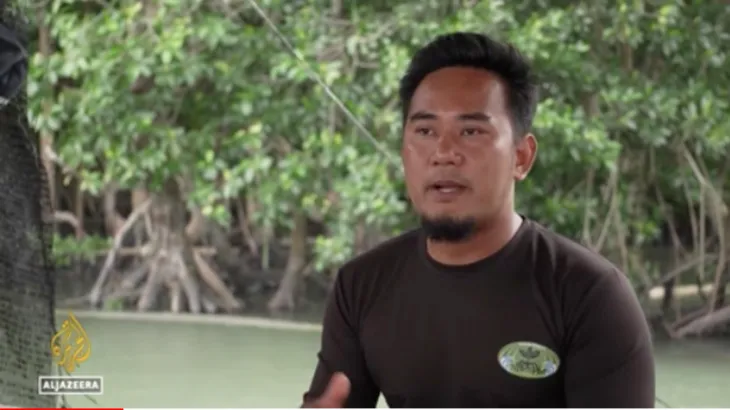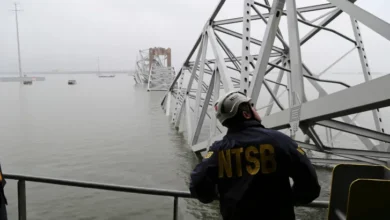Climate change pushes Malaysia’s coastal fishermen away from the sea

On an overcast morning six years ago, Mohammad Ridhwan Mohd Yazid was on his way back to Malaysia’s southern Johor coast when his small fishing boat was caught in a sudden storm.
In a matter of minutes, the calm southerly March winds transformed into gales whipping up high seas that slammed into his boat, knocking both him and the day’s catch into the air.
Alone and about a kilometre (about half a mile) from Singapore’s northwestern shore, Ridhwan landed back on the boat near its engine and turned quickly for land.
“I didn’t care that I lost half of what I caught that day. I just wanted to go home,” the 30-year-old told Al Jazeera in an interview at the coastal jetty in Pendas, a fishing village in Malaysia’s southern state of Johor.
Ridhwan’s tale is not an isolated one, but shared by many traditional Malaysian fishermen who have found themselves increasingly affected by the climate crisis, which is changing weather patterns that have long governed when and where they can fish.
Such fishermen are estimated to make up about 65 percent of Malaysia’s total fishing community, and are small-scale operators from seaside or river communities and ply waters close to shore or along the river for fish, clams, crabs and other marine animals to meet local demand.
They typically use single-engine boats about seven metres (23 feet) long, casting their nets in an area up to five nautical miles (9.3km) from the shore along the country’s more than 4,600km (2,858 miles) of coastline.











